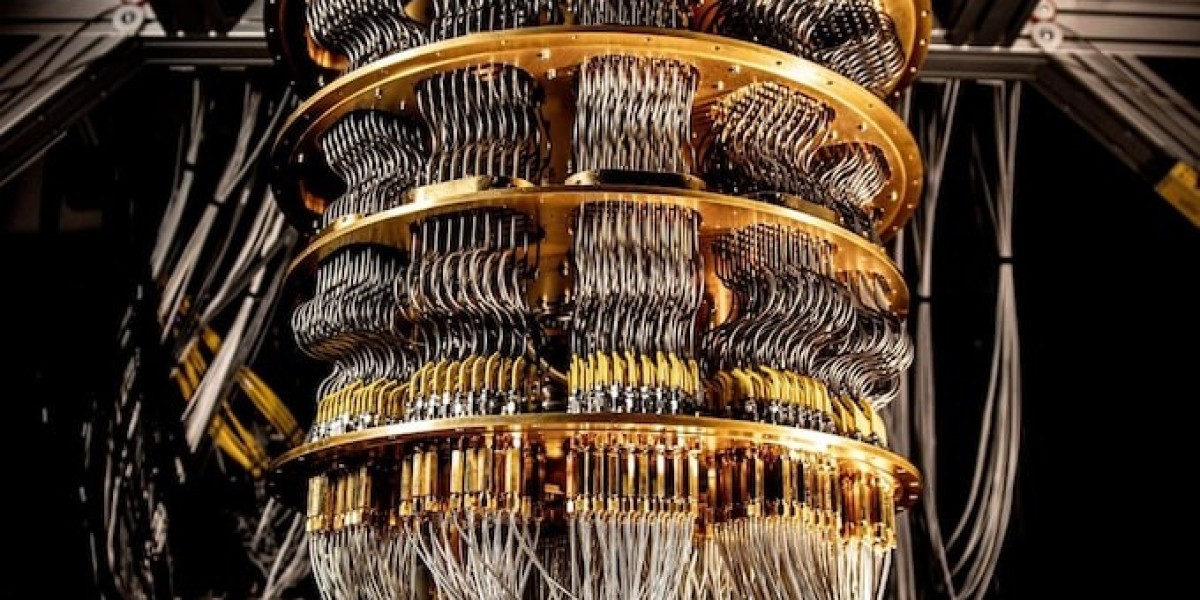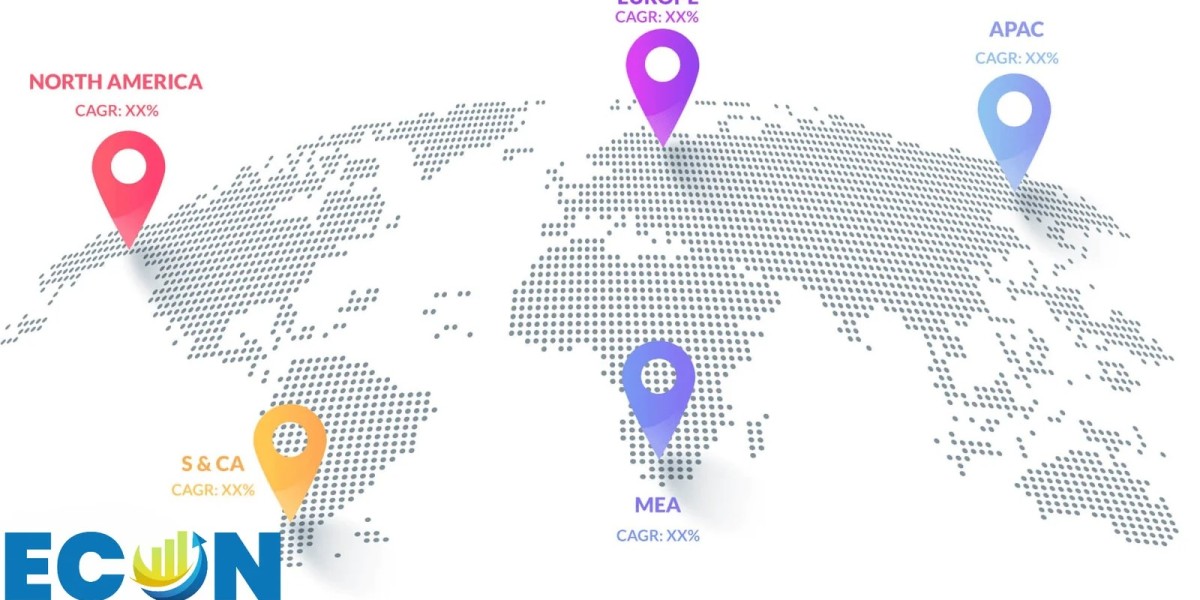In computers, the basic unit of information is the bit, which can take on values of either "0" or "1," and information is stored as combinations of these two digits. In quantum computers, the equivalent of a bit is the quantum bit, or qubit. Thanks to a quantum property called superposition, a qubit can take on values "0" or "1" or both simultaneously. This property results in a geometric progression in the memory and speed of quantum computers. A volume of data that would take many years to process with even the most powerful of today's computers can be processed by quantum computers before the researcher who pressed enter has time to take a sip of their coffee. This duality makes quantum computers powerful but also fragile, as they risk collapsing without warning, making a process called error correction particularly important.
Existing quantum setups are prone to creating high noise and continuous errors that ultimately make them unreliable and unusable. Microsoft announced that in collaboration with the company Quantinuum, they have created a new quantum system that, according to its creators, is the most reliable ever made, as it can perform more than 14,000 tasks/experiments without any errors.
According to Microsoft executives, this system can be characterized as the first to take the title of a Level 2 quantum computer, a system that can perform practical functions and tasks. Microsoft has announced that within the year, it will give specialists and the research community at large the opportunity to inspect and test the new quantum system.









